US JCPOA exit ‘most disastrous foreign policy miscalculation’ since Iraq war: Washington Post
A new article published in The Washington Post has described former US president Donald Trump’s withdrawal from the 2015 Iran nuclear deal, officially called the Joint Comprehensive Plan of Action (JCPOA), as “the most disastrous foreign policy miscalculation” since 2003 when the US invaded Iraq.
The opinion piece, entitled “Because Trump left the nuclear deal, we might have to learn to live with a nuclear Iran,” said that Trump’s pullout from the JCPOA in 2018 allowed Tehran to “rev up” its nuclear activities.
“Under the 2015 nuclear deal, Iran got rid of 97 percent of its nuclear fuel and limited its uranium enrichment to just 3.67 percent purity. Its “breakout” time to produce enough material to make a nuclear bomb was estimated to be more than a year,” read the article written by Max Boot, a columnist and a senior fellow at the Council on Foreign Relations.
“Trump’s withdrawal allowed Iran to rev up its nuclear program. The International Atomic Energy Agency reported last year that Iran had 12 times the amount of enriched uranium allowed under the deal.”
Although Iran has repeatedly rejected the accusation that it is seeking to develop nuclear weapons, the article argued that Iran “is also enriching uranium to 60 percent purity, just short of the 90 percent needed to make nuclear weapons. Its breakout time has shrunk to as little as three weeks. It will take longer to manufacture the warheads needed to create nuclear weapons, but Iran is far closer to that dreaded milestone than it was in 2018.”
It also said that former Israeli security officials, most of whom opposed the JCPOA, now admit that Trump’s exit from the JCPOA has backfired.
Last month, ex-Israeli minister of military affairs, Moshe Yaalon, said, “Looking at the policy on Iran in the last decade, the main mistake was the withdrawal of the US administration from the agreement.”
Similarly, former Mossad director Tamir Pardo called the pullout a "tragedy". Retired general Isaac Ben-Israel dismissed as “the worst strategic mistake in Israel’s history” the efforts made by former Israeli prime minister Benjamin Netanyahu to persuade the Trump administration to abandon the JCPOA.
The article also warned that bombing of Iran’s nuclear sites by the US and Israel would only eliminate those facilities but not the nuclear know-how in the Islamic Republic.
“The United States could, of course, provide Israel with these munitions, or it could bomb Iranian installations itself. But even successful strikes would only delay Iran’s nuclear program: You can eliminate nuclear facilities but not nuclear know-how,” it said.
“Moreover, there is a real risk that any attack could trigger a larger Middle Eastern war. Iran would likely retaliate against US forces in the region and against US allies. Lebanon’s Hezbollah, for example, could rain down more than 100,000 missiles and rockets on Israel, enough to overwhelm its missile defenses. (In the 2006 Lebanon war, Hezbollah fired only 4,000 short-range rockets at Israel.) There’s a good reason no Israeli or American leader — not even hawks such as Netanyahu, George W. Bush, and Trump — has been willing to bomb Iran.”
The opinion piece further predicted that “war with Iran could be ‘the mother of all quagmires,’” adding “Letting Iran go nuclear, if that proves unavoidable, might actually be the less dangerous option.”
Iran showed to the world the peaceful nature of its nuclear program by signing the JCPOA with six world states — namely the US, Germany, France, Britain, Russia, and China — in 2015. The nuclear deal was also ratified in the form of UN Security Council Resolution 2231.
However, Washington’s exit in May 2018 and the subsequent re-imposition of unilateral sanctions against Tehran left the future of the historic agreement in limbo.
Following a year of strategic patience, Iran decided to let go of some of the restrictions on its nuclear energy program, resorting to its legal rights under the JCPOA, which grants a party the right to suspend its contractual commitments in case of a non-performance by the other side.
The US administration of President Joe Biden had said it is willing to compensate for Trump’s mistake and rejoin the deal, but it has retained the sanctions as leverage.
Iran says it won’t settle for anything less than the removal of all US bans in a verifiable manner. It also wants guarantees that the US would not abandon the agreement again.
'Capitulation': Israeli officials and media concede Gaza defeat as truce unfolds
'Gaza has won': Social media users react to ceasefire with mix of relief, joy
Iran seeks South Korea’s assistance for AI, fiber-optic projects
VIDEO | Iran's 'Eqtedar' (Power) maneuver
Israel hits HTS military target in Syria for 1st time since fall of Assad
VIDEO | Press TV's news headlines
Israel has slaughtered 13,000 students in Gaza, West Bank
VIDEO | More Zionist than Zionists: Biden’s legacy to be defined by Gaza genocide


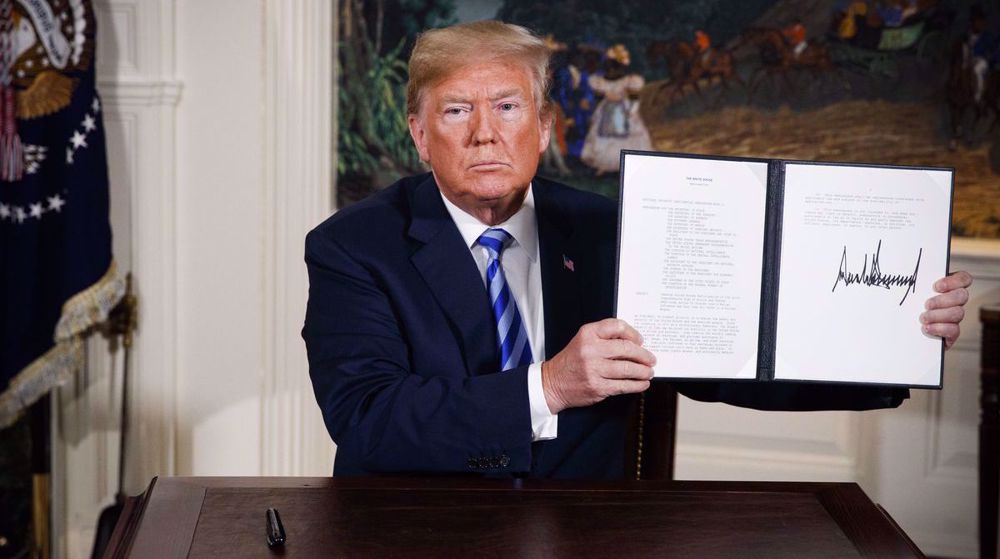
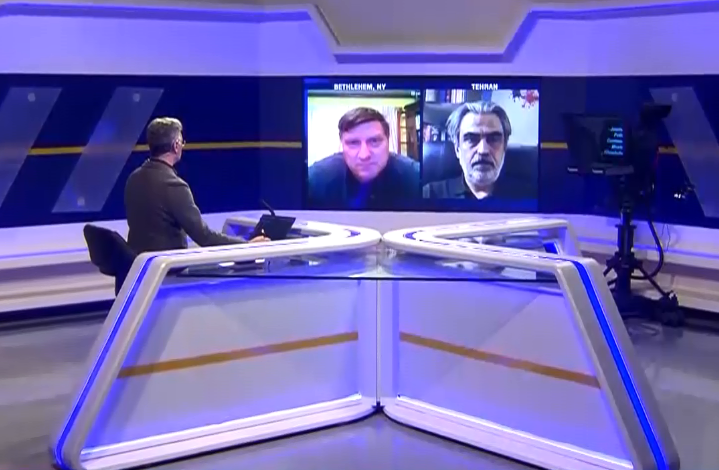






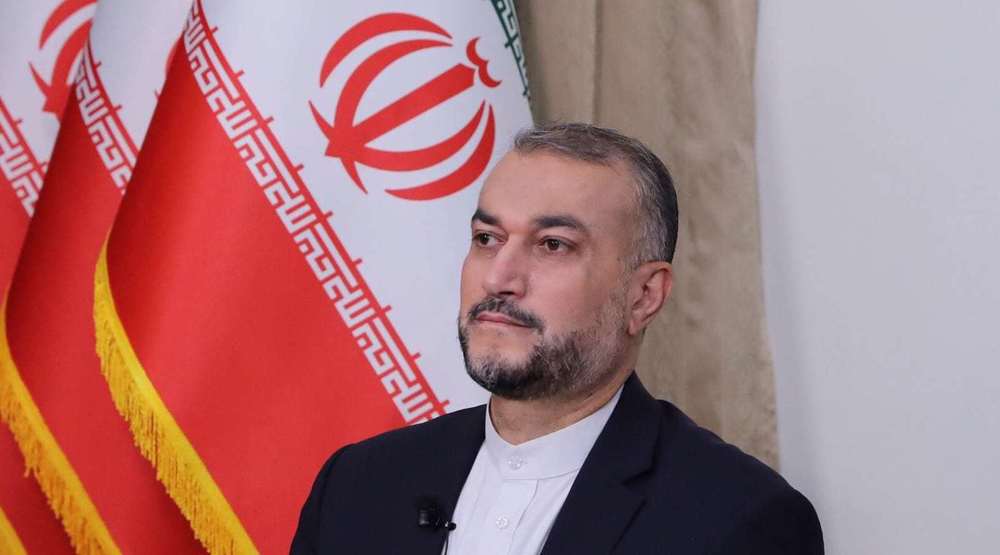
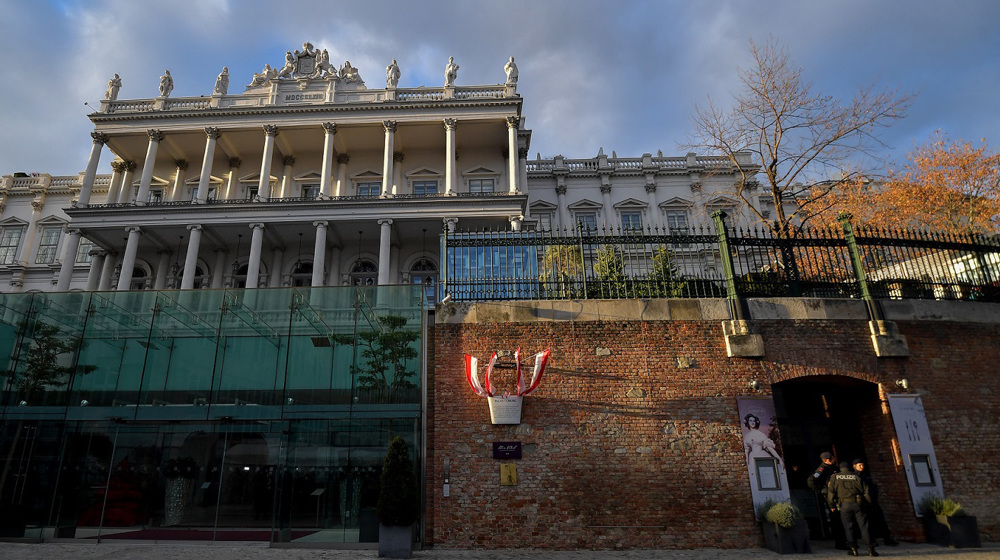
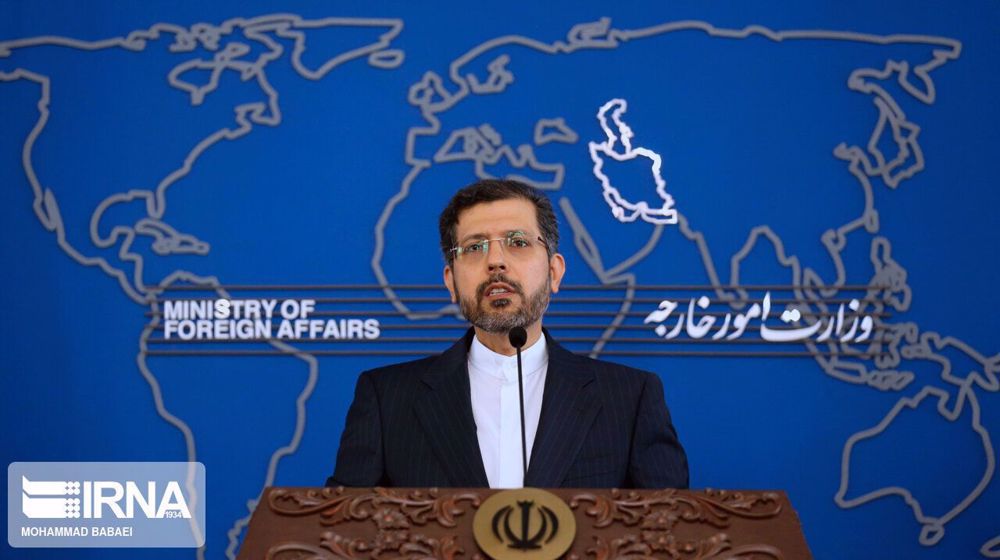
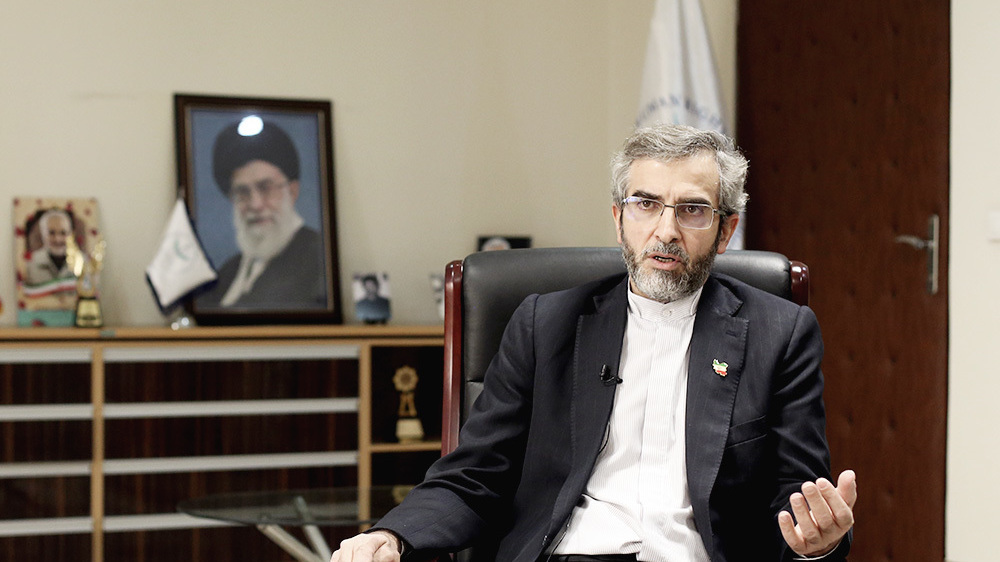
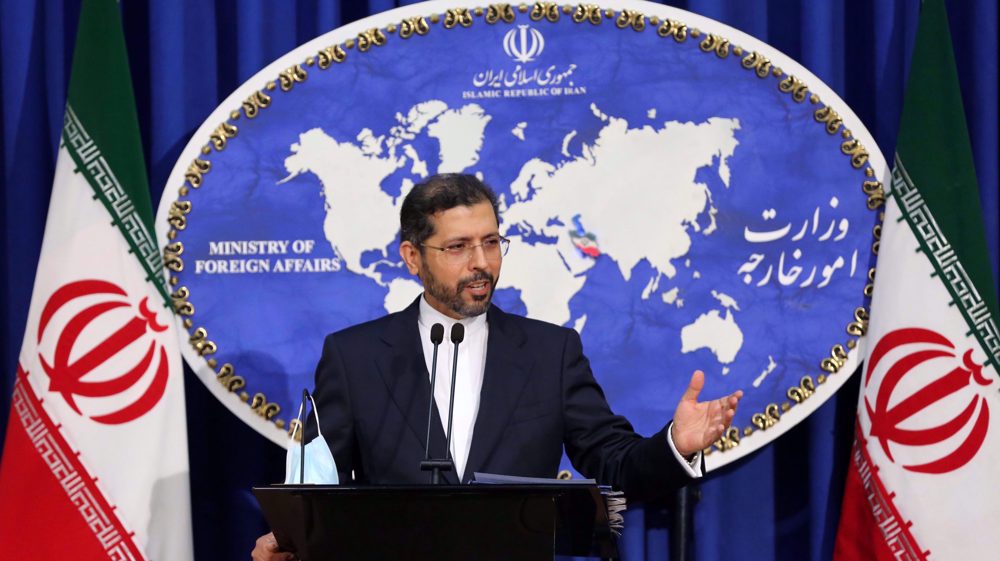
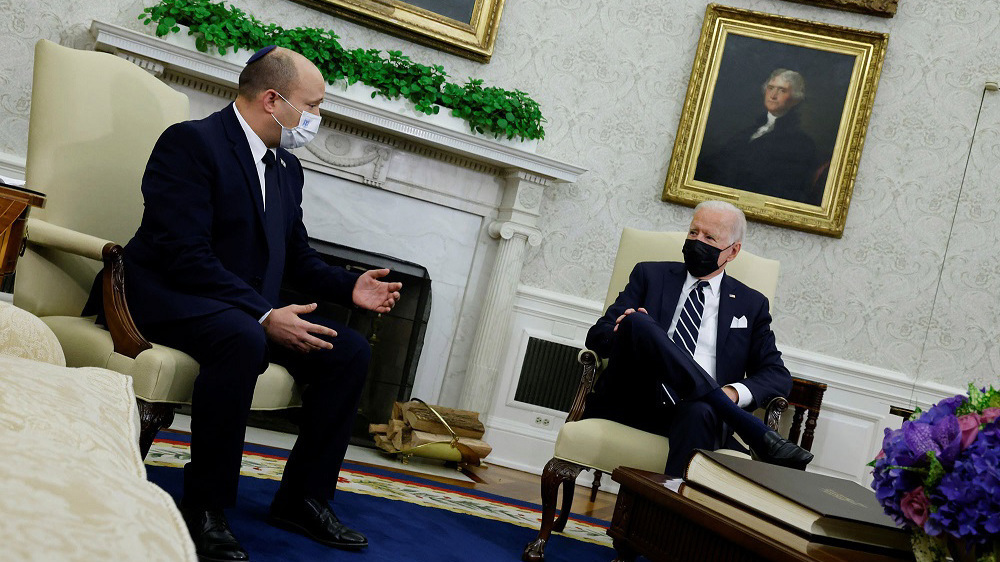

 This makes it easy to access the Press TV website
This makes it easy to access the Press TV website